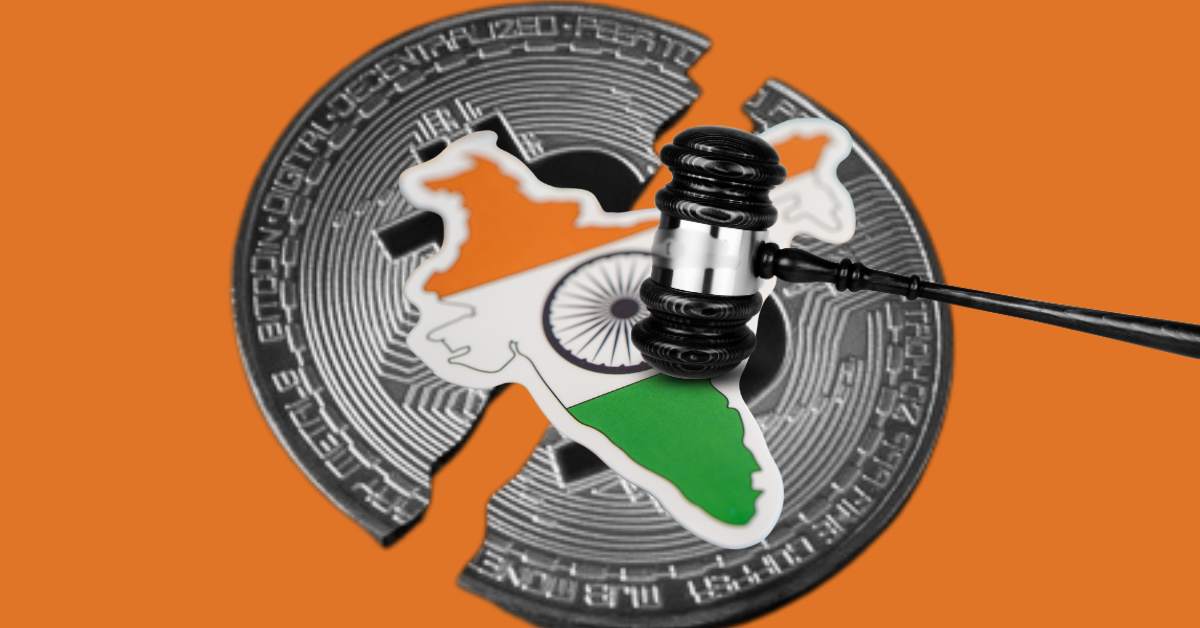
The Shadowy Parallel Between Bitcoin and Hawala in India
Picture this: a digital Wild West where money moves faster than a Mumbai local train at rush hour, with no ticket collector in sight. That’s essentially what India’s Supreme Court just called out when it compared Bitcoin trading to the infamous *Hawala* system during a recent bail hearing. The accused? One Shailesh Babulal Bhatt, tangled in allegations of illegal crypto dealings. But here’s the twist—this isn’t just about one guy. It’s a glaring spotlight on India’s regulatory vacuum, where cryptocurrencies slink around like untraceable cash in a *Hawala* agent’s ledger.
Regulatory Limbo: A Playground for Gray Markets
India’s crypto scene is like a crowded bazaar with no stall licenses. The Supreme Court didn’t hold back, slamming the government’s two-year delay in clarifying rules after explicitly being asked to do so. Without frameworks, Bitcoin transactions—like *Hawala*—rely on trust networks rather than oversight, making them ripe for misuse. Remember the *Hawala* crackdowns of the 1990s? Unregulated crypto could be its 21st-century reboot. The court’s frustration echoes a universal truth: ambiguity breeds exploitation. Case in point: the 2021 *New York Times* exposé on a Bitcoin exchange indicted for laundering. If India doesn’t act, it risks becoming a backdoor for digital *Hawala* 2.0.
Anonymity: Crypto’s Double-Edged Sword
Here’s the kicker: Bitcoin’s decentralized charm is also its Achilles’ heel. Like *Hawala*, it thrives on anonymity. No bank statements, no trails—just pseudonymous wallets shuffling funds globally. The court’s analogy hits hard because both systems bypass traditional scrutiny. In 2020, a single Delhi-based exchange was linked to a $5.2 million drug cartel payment. Without KYC norms or transaction caps, crypto platforms can morph into shadowy middlemen. Even blockchain’s transparency is moot if wallets are masked. The solution? India’s draft Crypto Bill proposes licensing exchanges and mandating reporting—but until it’s law, the shadows keep growing.
Tech and Taxes: The Path to Legitimacy
Regulation isn’t about stifling innovation; it’s about threading the needle between freedom and fraud. The government could harness blockchain’s own tech to monitor flows—think of it as a digital *Hawala* ledger that authorities can actually audit. And let’s talk taxes. Right now, crypto gains hover in a gray zone, leaving investors guessing. Clarity here could mirror the U.S.’s IRS Form 8949, forcing declarations while boosting state coffers. Collaborating with global bodies like the FATF could also plug cross-border loopholes. After all, if *Hawala* taught us anything, it’s that money flows where oversight lags.
The Bottom Line
The Supreme Court’s *Hawala* comparison isn’t just a soundbite—it’s a siren call. India’s crypto crossroads demand urgent rules: licensing exchanges, taxing transparently, and leveraging blockchain to track, not stifle. Otherwise, the very tech meant to democratize finance could end up as the next chapter in India’s long saga of underground economies. The clock’s ticking—will regulators play catch-up before the next Shailesh Bhatt makes headlines?
